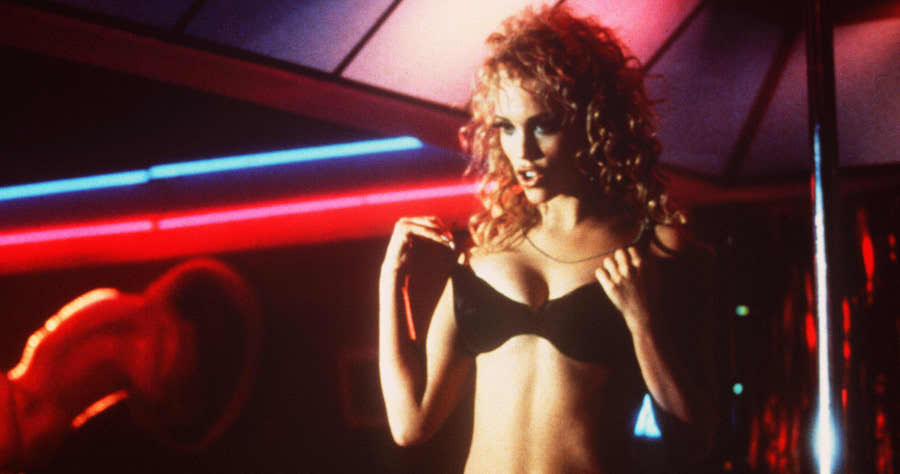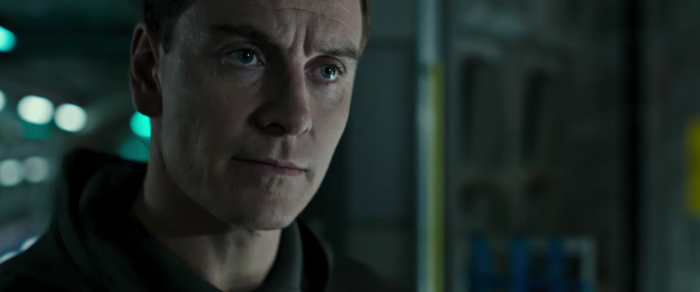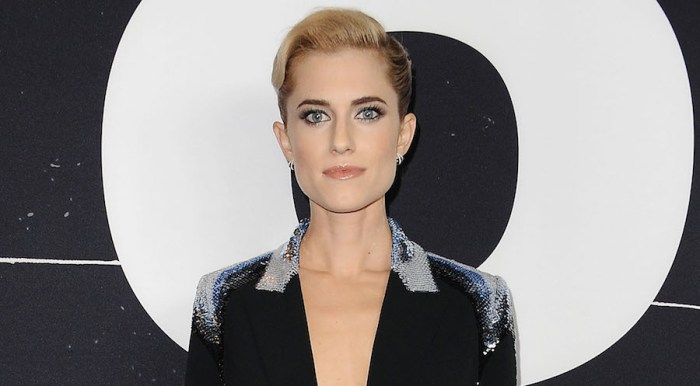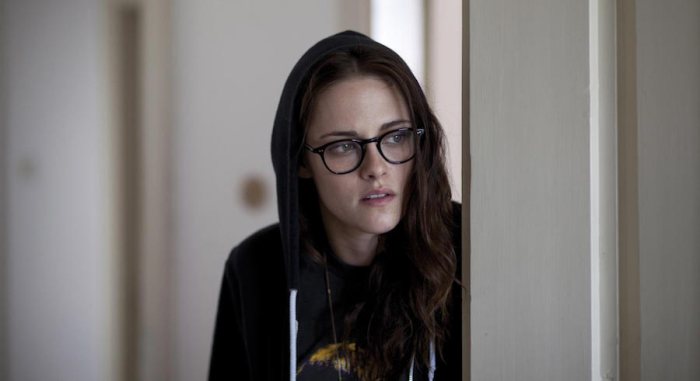Total Verhoeven Here’s a crazy, perhaps insane-sounding idea: “Showgirls” isn’t bad. It isn’t even so-bad-it’s-good. It’s a masterpiece. It knows exactly what it is — and what it isn’t. Here’s one thing it’s not: a camp classic. It’s always felt wrong that, after its disastrous run at the 1995 box office, it was only “reclaimed” when people started watching it the way they now watch “The Room.” It deserves more than a box set that contains shot glasses and nipple tassels. You don’t laugh at it; you laugh with it. And you laugh with it because it’s a fun house mirror of American excess, that steals the plot of “All About Eve” only to soil it, turning it into a garish, live-action cartoon. To steal a quote from Public Image Limited, it says, to a country that would one day make Donald Trump a presidential nominee, “This is what you want, this is what you get.” RELATED: Interview: Steve Martin on “Billy Lynn” and other serious roles This line on “Showgirls” makes a lot more sense if you patron the Lincoln Center series “Total Verhoeven,” which fetes its maker: Dutch provocateur Paul Verhoeven. The complete retro arrives on the heels of “Elle,” tragically the director’s first proper feature since 2006’s “Black Book.” Doing a deep dive, you can see how “Showgirls” fits right into a CV that has chipped away at the same ideas: that the world is run by greed and lust and self-interest. People survive by exploiting themselves. His movies are trash with lofty ideas about how we’re controlled by systems and by our own animal urges. They give us what we want — guns and explosions and boobs — but still give us something else. If Verhoeven is a name your mom knows, it’s thanks to his cash cow of a Hollywood run. Starting with “RoboCop” (and ending, ignominiously, with his lame but legitimately nasty “Hollow Man”), he was one of the industry’s great saboteurs. He fed Americans a fatty diet of action movies and erotic thrillers. Thing is, they were really healthy foods; they secretly made America smarter. It’s best to read Sharon Stone as the hero of “Basic Instinct,” the fourth biggest movie of 1992; watch as this killer bisexual, the smartest person in any room, takes out a legion of stupid, horndog, old school man’s men. “Starship Troopers” is the $100 million popcorn movie as fake propaganda film from a fascistic future. “RoboCop” concerns dehumanization in a police state in the early throes of corporate ownership. “Total Recall” isn’t terribly deep, but it is somehow more ludicrious and absurd than Arnold Schwarzenegger himself. Of course, Verhoeven was just continuing what he started long before. When he decamped for America in the 1980s, Verhoeven was coming off a long run as a scourge of Holland. Think about that: He was too hot even for Europe, the bedrock of classy cinematic T&A. And yet, just as his American hits were hardly mere Hollywood junk, his Dutch films only pretended to be exportable art-trash. Take his 1971 feature debut, “Business is Business.” On the surface, it’s a brash burlesque about a very, very busy hooker. The tone is jaunty, and clothes are always optional. But from title on down, it’s a dense, rich expose of a nation that stops short of advertising its legal prostitution on travel ads. Our busty hero barely ekes by, motivated only by cash, treated purely as an object. It’s life as a Mobius circle; she runs in a circle of sex followed by money, ad nauseum. “Business is Business” is far from primo Verhoeven, but it laid the groundwork for a filmmaker who tells it like it is, albeit not like a hothead blowhard. He simply sees the world for how lewd and depraved it is. He’s attracted to its worst elements, though he doesn’t hate them. The hero of 1973’s “Turkish Delight,” played by early era regular Rutger Hauer, is introduced murdering a couple, twice. We won’t realize it was all just a sick fantasy till later on, when we learn he was simply thinking about the girl who broke his heart. An ostensible artist and full-time cad, Hauer’s randy louse spends most of the movie devising acrobatic ways to mate with a young woman (Monique van de Ven). It turns very “Love Story,” but “Love Story” as devised by a filmmaker whose jokes include having its hero surreptitiously scissor off a random hook-up’s bush then wear said hair clump as a mustache. “Katie Tippel” seems like the outlier: a costume drama, set in 1800s Amsterdam. But it’s a renegade period piece, where a pert young lass (van de Ven again) finds solace neither in abject poverty nor self-involved wealth. The real runt is 1977’s “Soldier of Orange,” a sprawling World War II epic that’s so clean and focused it nearly got him a gig making “Return of the Jedi” — until Steven Spielberg saw his next film, 1980’s “Spetters.” That one essentially tries to do for motocross what “Saturday Night Fever” did for disco, only with a nastier group of dick-swingers, whose brains are in their crotches and who are always up for some superfluous gay bashing (and later, gay panic). Verhoeven has said the uproar over “Showgirls” was nothing compared to the ire he received over “Spetters.” It’s still hard to defend, but for Verhoeven, more than any other filmmaker, presentation is not endorsement. He’s simply being true to unsavory characters. Even when we’re ostensibly supposed to like them, Verhoeven makes sure they’re far from pure. The war heroes of “Solider of Orange” also tend to be at least a little anti-Semitic. Upon being labeled a homophobe over “Spetters,” Verhoeven reacted by making the hero of his 1983’s erotic thriller “The Fourth Man” a horny, grouchy, self-destructive gay man (Jeroen Krabbe), who only gets with the maybe-femme fatale (Renee Soutendijk) because her small breasts mean she can almost pass for a man. He’s not very likable either, but he’s a fascinating lead. Decent people seem to bore Verhoeven. There’s one pitstop between “The Fourth Man,” his last Dutch film until 2006’s “Black Book,” and it’s 1985’s “Flesh+Blood,” his English-language debut. A medieval romp so rooted in the “Conan the Barbarian” craze that it boasts the same composer (Basil Poledouris), it’s a moral murk with no hero: certainly not the brute (Rutger Hauer) who absconds with the wealth and the surprisingly game future bride (Jennifer Jason Leigh) of a nice rich kid (Tom Burlinson), then holes up in a stolen castle to live like a pig in s—. There’s not much plot and a lot of excess. But it’s carefully controlled chaos, and it continues his obsession with damning and empathizing with people who destroy others to survive. Verhoeven is a survivor, too. He’s a chameleon who stays the same, a parasite who poisons the host by duplicating their likeness. In the ’70s he made Eurotrash; in the ’80s and ’90s, he made Hollywood blockbusters. With 2006’s “Black Book” and, now “Elle,” he appears to have made classy export fare — a World War II drama and a French character study, respectively. But both go to dark and weird places. “Elle” — which finally pairs Verhoeven with the perfect lead, Isabelle Huppert — might be the most messed-up film of his career. But should you binge through “Total Verhoeven,” you’ll know the correct way to watch it. And you’ll know that the idea that “Showgirls” is stupid is, well, just stupid. “Total Verhoeven” runs from Nov. 9 through Nov. 23 at Film Society of Lincoln Center. Visit the site for showtimes and tickets.
Film Society of Lincoln Center
Nov. 9 through Nov. 23
‘Showgirls’ doesn’t suck, and other Paul Verhoeven thoughts

The Kobal Collection
Follow Matt Prigge on Twitter @mattprigge


















